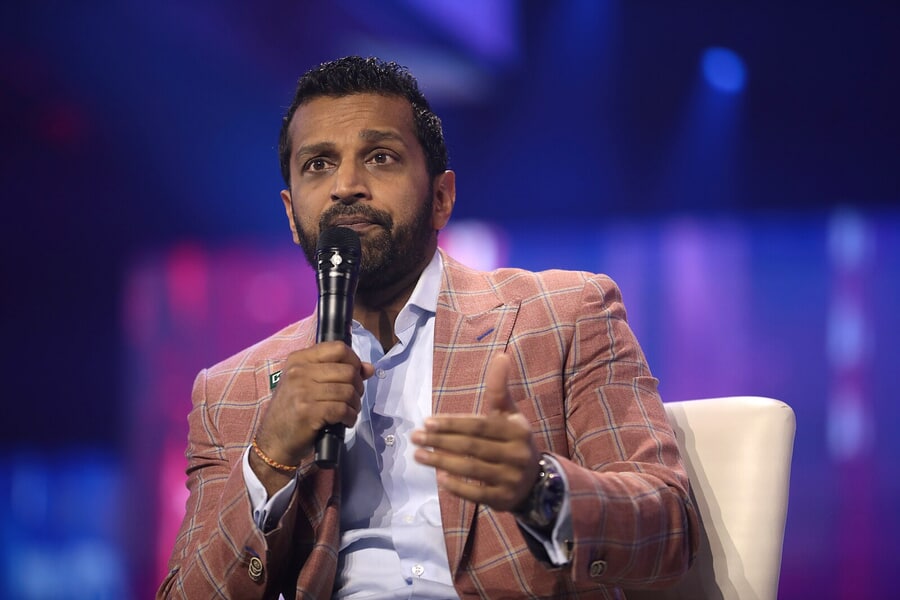Some Answers for Steve on Harold Koh
Steve has responded to my post on Harold Koh’s sudden discovery of inviolable commander in chief powers.
Published by The Lawfare Institute
in Cooperation With

Steve has responded to my post on Harold Koh’s sudden discovery of inviolable commander in chief powers. He asks me two questions, which I address below:
- Would you take seriously anyone who denied the existence of any and all indefeasible presidential power (and who would, therefore, think that Congress did have the power to enact the Command of the Army Act of 1867, which effectively made Ulysses S. Grant, rather than Andrew Johnson, Commander-in-Chief of the military)?
- If not, can’t we accept that some claims to indefeasible presidential powers are stronger than others, and that prosecutorial discretion and control over diplomatic relations might raise slightly different cases as compared to statutory bans on, for example, torture?
The textual and historical evidence we have reviewed demonstrates that the Commander in Chief Clause was understood to establish the hierarchical superiority of the President in the military chain of command, thereby both ensuring civilian control over the armed forces and establishing a “superintendence prerogative” with respect to at least some military operations. Although the exact extent of this prerogative is uncertain, and raises several interesting questions that we discuss in our next Article, the evidence is sufficiently powerful that it does not seem plausible to construe the clause in a way that would, even in the face of what might seem like modern imperatives, permit Congress to act as if the Constitution did no more than give an additional but ultimately legally inconsequential title to the Chief Executive. In that regard, there is an inviolate, preclusive core to the clause. At the same time, the early history casts substantial doubt on the claim that the clause’s preclusive core also includes a power to make and act upon judgments as to how best to carry out military operations once they are underway. . . . [A] fair review of the evidence does not permit a persuasive argument that the text and original intent compel recognition of a more general, illimitable power of command. There is simply too much evidence suggesting a Founding-era understanding under which the legislature possessed the power to subject the Executive to control over all matters pertaining to warmaking, save those that would deprive him of superintendence. Indeed, some of this evidence directly reflects an understanding that the legislature could control the Commander in Chief even as to such clearly tactical matters as the movement of troops. (emphasis added)Or the movement of detainees. What’s more, my impression had been---insofar as the Obama administration has observed the transfer restrictions---that it by and large takes this argument seriously as well. In fact, it seems to accept Congress’s authority to regulate, even block, its transfer of prisoners. Even its signing statements on the transfer restrictions do not assert that they are constitutionally deficient. Alan Rozenshtein, in this student comment in the Harvard Law Review, gives some idea as to why the administration lives under these restrictions. So when Koh suggests that there is an indefeasible core of the the Commander in Chief Clause that includes the authority to “regulate the movement of law-of-war detainees”---not to mention that there's some indefeasible "diplomat-in-chief [power] to arrange diplomatic transfers, and . . . prosecutor-in-chief [power] to determine who should be prosecuted and where”---he is outflanking the Obama administration from the Right on matters of presidential power. And he is going well beyond the point on which all reasonable scholars would agree. And this from a man who not too long ago used to put the phrase “Commander-in-Chief” between quotation marks. Only in 2008, Koh made the following remarks in testimony before a Senate subcommittee:
the Bush Administration has consistently asserted a constitutional theory of unfettered executive power, based on extraordinarily broad interpretations of Article II’s “Commander-in-Chief” Clause and the Supreme Court’s decision in United States v. Curtiss-Wright Export Corp., which called the President the “sole organ of the federal government in the field of international relations.” Under this vision, the President’s Article II powers are paramount, Congress exercises minimal oversight over executive activity, government secrecy prevails, and the Solicitor General regularly urges the courts to give extreme deference to the President, citing the judiciary’s “passive virtues.”True, Koh never specifically denies in this speech that there is some indefeasible core of presidential power, nor does he do so in the many other things he wrote blasting the Bush administration’s claims of inherent power---at least not that I've seen. It’s also true, as Steve says, that “some claims to indefeasible presidential powers are stronger than others.” So yes, it’s possible that while Koh believes that Congress can regulate the Commander in Chief by banning torture, it may not prevent the Commander in Chief (or the diplomat in chief or the prosecutor in chief) from transferring detainees. Indeed, I find that rather an attractive vision of presidential power in its interaction with congressional power (though, for the reasons Alan describes, I'm not entirely sure that it's right). But this possibility would seem more likely to me if I were aware of Koh’s ever having noted a statute before that he thought actually did violate indefeasible presidential powers. He is famed for having written an entire book arguing against the idea of foreign policy as a field of preclusive presidential power. And in that book (see page 69), he conspicuously omits command of the military from his list of preclusive presidential foreign affairs powers:
[O]ur National Security Constitution rests upon a simple notion: that generally speaking, the foreign affairs power of the United States is a power shared among the three branches of the national government. . . . As it has evolved, the National Security Constitution assigns to the president the predominant role in that process, but affords him only a limited realm of exclusive powers, with regard to diplomatic relations and negotiations and to the recognition of nations and governments. Outside of that realm, governmental decisions decisions regarding foreign affairs must transpire within a sphere of concurrent authority, under presidential management, but bounded by the checks provided by congressional consultation and judicial review. (emphasis in original)Indeed, on page 86, Koh mentions the very Command of the Army Act of 1867 that Steve regards as obviously an infringement---and he does so without mentioning that Congress lacked the power to enact it. My point here is not that Koh has never before declared that any act of Congress impinges upon the Commander in Chief Clause. I have not done a careful enough study of his work to say that, and if any readers are aware of any writing where he identifies his view of the indefeasible core, I would love to see it. What I am saying it that this is a scholar who has written---at great length and in a great many different venues---in opposition to broad claims of presidential power, who has inveighed without apparent limiting principle against the idea that the president might push aside laws that inconvenience his management of a war, yet who is now outflanking the administration in which he served in his eagerness to interpret acts of Congress in light of inherent presidential powers. So here's my answer to Steve: Until I see the Harold Koh article in which he has suggested prior to service in government that a president might ignore an act of Congress on grounds that it infringes on inherent presidential powers, I’ll stick with my instinct that there’s something remarkable about the language he used at the Oxford Union.
Benjamin Wittes is editor in chief of Lawfare and a Senior Fellow in Governance Studies at the Brookings Institution. He is the author of several books.





